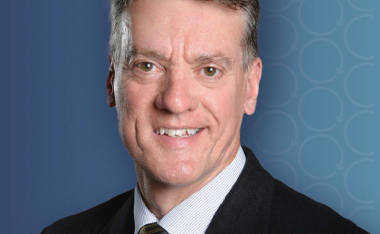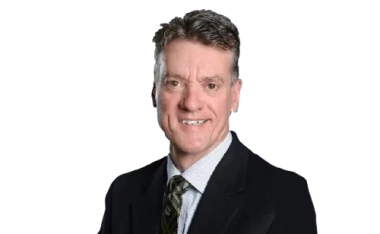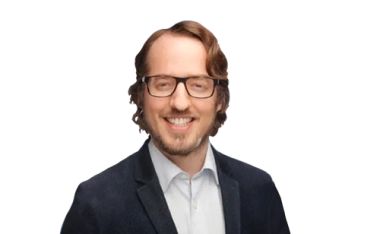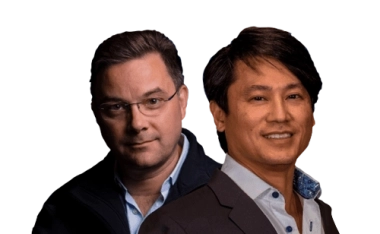In this episode of Sustainably Speaking, host Mia Quinn is joined by Dr. Jeanne Hankett, Sustainability Lead in the Corporate Analytical & Material Science Department at BASF, to explore the critical role that science is playing when it comes to identifying solutions for microplastics pollution.
Take Action
You can help build a new circular economy for plastic, in which plastic is reused instead of discarded. Helping keep plastic out of our environment.
Five Actions For Sustainable Change
Learn about our comprehensive national strategy to confront the most pressing challenges head on and move the United States toward a sustainable, circular economy where plastics and other materials can be reused again and again.
Policy Positions
Making sustainable change requires making sustainable public policies. To create a circular economy for plastics, policies that encourage today’s linear economy must be replaced with policies that promote circularity. We’re working with policy makers at the local, state, federal, and international levels to help keep plastic in our economy and out of our environment.
Join us and help make sustainable change.
Advocacy Resources
Want to help make sustainable change? We’re providing helpful resources to lend your hand and raise your voice on the road to circularity.
Reports
Explore science-driven research findings that examine how our industry’s innovative solutions are helping to create a more sustainable future.
Fact Sheets
America’s Plastic Makers understands the need to provide essential information in a concise, straightforward format. We have created informational resources on a variety of topics that highlight key points and critical information.
Podcasts
“We're a few years into this research, and it's really checking all the boxes at this point. We're finding that it's making the mix more durable, obviously more sustainable, and we're finding formulations that are reducing the cost. And that's the trifecta. If you can get the economics and the durability and the sustainability all going in the right direction, it's almost like why wouldn't we do this?”
“We're a few years into this research, and it's really checking all the boxes at this point. We're finding that it's making the mix more durable, obviously more sustainable, and we're finding formulations that are reducing the cost. And that's the trifecta. If you can get the economics and the durability and the sustainability all going in the right direction, it's almost like why wouldn't we do this?”
“Those plastic specs we see in the ocean, those plastic bottles, they end up there because we haven't properly incentivized recycling, reuse. We haven't properly looked at design, for example, we haven't looked at the whole value chain of plastics and found ways to bring as much plastic back into the system as possible. And that has policy elements to it, but it also has design solutions in it and recycling technologies."
“Those plastic specs we see in the ocean, those plastic bottles, they end up there because we haven't properly incentivized recycling, reuse. We haven't properly looked at design, for example, we haven't looked at the whole value chain of plastics and found ways to bring as much plastic back into the system as possible. And that has policy elements to it, but it also has design solutions in it and recycling technologies."
In this episode on Blockchain, Stan Chen of RecycleGO and Douglas Johnson-Poensgen of Circulor share how blockchain can be used to trace, verify, and report sustainability efforts within the plastics recycling sector.





